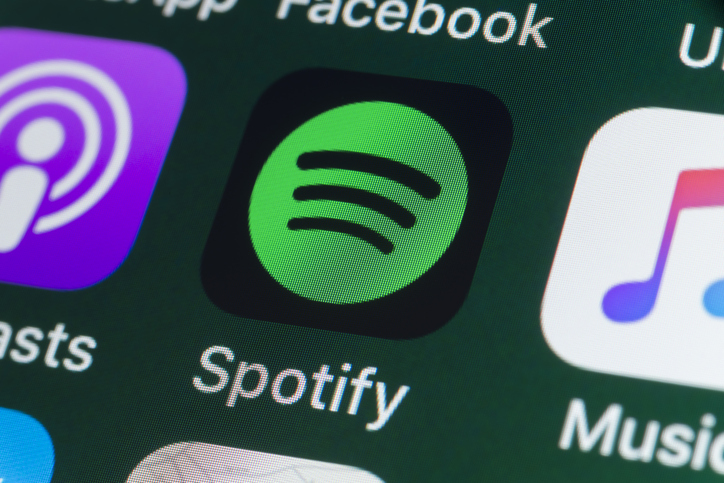Spotify, the world’s leading music streaming platform, is about to undergo one of the most significant leadership transitions in its history. After nearly two decades at the helm, co-founder Daniel Ek announced he will step down as CEO effective January 1, 2026, moving into a new role as Executive Chairman. His exit marks the end of an era—Ek has been synonymous with Spotify since its launch in 2006—and raises big questions about the company’s future in a rapidly evolving digital music industry.
Ek’s Legacy in Music Streaming
Daniel Ek helped transform how we listen to music. When Spotify debuted in Sweden in 2008, the music industry was reeling from piracy and declining CD sales. Spotify’s model—unlimited music at your fingertips, supported by ads or subscriptions—changed consumer behavior almost overnight. By offering a legal, affordable alternative to piracy, Ek positioned Spotify as the savior of recorded music revenues.
Today, Spotify has more than 600 million users worldwide, including over 250 million paying subscribers. It’s not just a music library—it’s a cultural force. From personalized playlists like Discover Weekly to the end-of-year Spotify Wrapped tradition, the company has shaped how fans connect with artists and discover new sounds. Ek deserves credit for building an ecosystem that put music consumption at the heart of everyday life.
Challenges Ahead for Spotify
Despite its dominance, Spotify’s road ahead is far from smooth. Critics have long argued that its royalty model underpays artists, especially independent musicians. While Spotify has introduced tools to help artists promote music directly to fans, tensions between streaming platforms and creators remain unresolved. Ek’s successor will inherit this ongoing debate—and face pressure to address fairer payouts while keeping subscription prices attractive.
Competition is another challenge. Apple Music, Amazon Music, and YouTube Music are all vying for listener attention. Apple leans on seamless integration with its devices, while YouTube benefits from its massive video platform. Spotify has countered by expanding into podcasts and audiobooks, but those bets haven’t yet delivered consistent profitability. In fact, Spotify’s stock price has experienced volatility as investors question whether the company can balance innovation with profitability.
Why This Leadership Change Matters
Leadership changes at companies like Spotify ripple across the music industry. Whoever succeeds Ek will not just be managing a tech company—they’ll be shaping the future of global music distribution. Decisions about pricing, artist payments, playlist algorithms, and expansion into new media will affect millions of creators and listeners alike.
Ek moving to Executive Chairman signals he still wants influence over strategy, but the incoming CEO will need to prove they can navigate challenges with fresh vision. Will Spotify double down on music, or continue diversifying into other forms of audio? Will it seek closer relationships with artists, or lean harder into data-driven algorithms? These choices could redefine the streaming landscape.
What It Means for Artists and Fans
For artists, Ek’s departure is both a risk and an opportunity. A new CEO could bring reforms that improve transparency in royalties and empower smaller musicians. Alternatively, a shift in focus—say, to prioritize podcasts or AI-generated audio—could leave some musicians feeling sidelined. Fans, meanwhile, may see changes in how playlists are curated, how much a subscription costs, or what kinds of content dominate the platform.
The Bigger Picture
Ek’s decision to step aside reflects a broader trend in tech: founders eventually hand over the reins to professional managers. We’ve seen this at companies like Google, Amazon, and Twitter. But with Spotify, the stakes are especially cultural. This isn’t just about technology; it’s about the way billions of people around the world experience music.
As January 2026 approaches, the industry will watch closely to see who takes over and how Spotify evolves. For better or worse, this leadership change could shape the soundtrack of the next decade.



